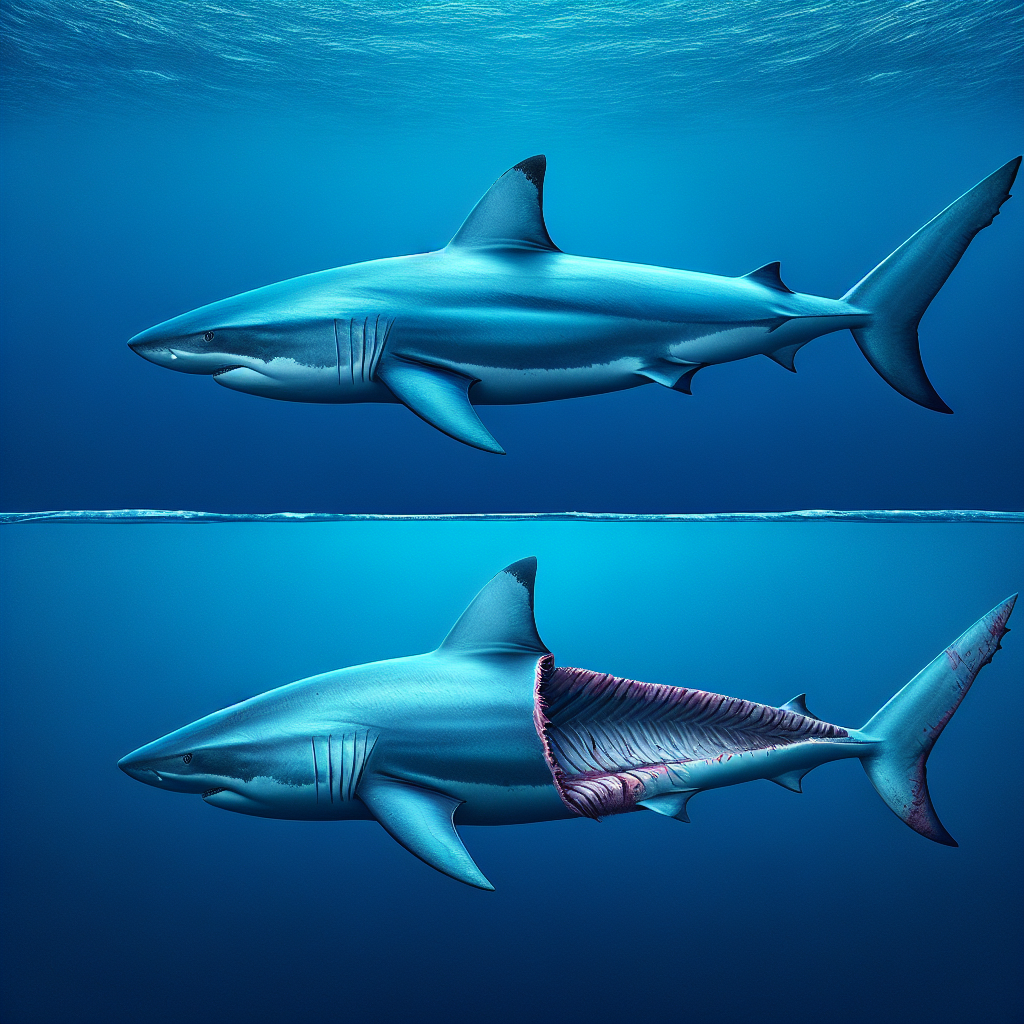The Dark Side of Industrial Fishing: Shark Finning and Exploitative Practices in Developing Nations' Waters
A new ODI report reveals the extensive negative impacts of industrial fishing in the waters of Senegal, Ghana, Peru, Ecuador, and the Philippines. Despite bans, illegal shark finning persists, leading to economic losses, job loss, and human rights abuses. Foreign fleets often outcompete local ones, creating market distortions.

- Country:
- United Kingdom
A new report by the global affairs think tank ODI sheds light on the extensive negative impacts of industrial fishing in the waters of Senegal, Ghana, Peru, Ecuador, and the Philippines. The investigation highlights how illegal shark finning and other unsustainable practices continue to plague these regions, despite existing bans.
The report, based on data analysis and field studies, reveals that the fishing activities of large industrial fleets have substantial financial and social repercussions. The joint fishing activities of these fleets are equivalent to 0.26% of the combined GDP of the five countries, leading to the loss of over 30,000 jobs in the sector and pushing more than 140,000 people below the poverty line.
Despite a ban on shark fin trading in 2016, Peru remains a significant exporter, contributing nearly 2% of the world's shark fin production. Instances of human rights abuses, unsafe working conditions, and inadequate wages are rampant among these fleet operators. This troubling scenario underscores the urgent need for more stringent regulations and greater transparency to protect local economies and human welfare.
(This story has not been edited by Devdiscourse staff and is auto-generated from a syndicated feed.)










